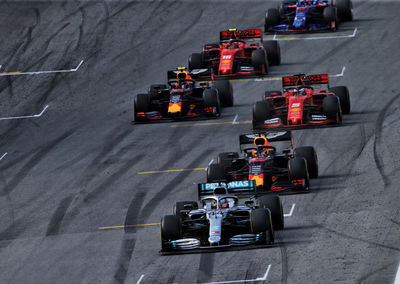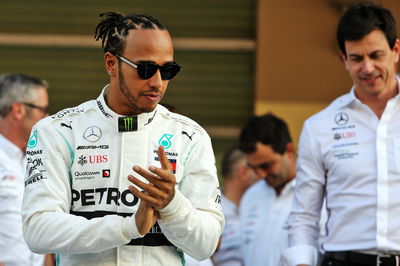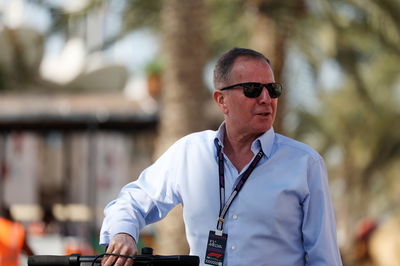F1 has fans ‘wired up’ to analyse emotional response to races
Formula 1 has had fans “wired up” to analyse their emotional responses to grands prix in a bid to help find new ways to improve the quality of races.
F1 is currently working on a raft of new sporting, technical and financial regulations that will come into force in 2021, with the aim of helping to level the competitive playing field and improve the championship both on and off the track.

Formula 1 has had fans “wired up” to analyse their emotional responses to grands prix in a bid to help find new ways to improve the quality of races.
F1 is currently working on a raft of new sporting, technical and financial regulations that will come into force in 2021, with the aim of helping to level the competitive playing field and improve the championship both on and off the track.
Former Williams technical chief Pat Symonds is among a panel of technical consultants working under F1 sporting boss Ross Brawn to help bolster the on-track action and entertainment value during races, and revealed F1 is doing “an awful lot” of analysis into its research.
“We absolutely are focused on what’s good for the sport, what makes a good race,” Symonds explained at Autosport International.
“You’d be amazed at the amount of analysis that we’re doing on that. We’re doing an awful lot, even down to things that we have people wired up while they’re watching races, and we’re looking at their galvanic skin response, we’re looking at their emotions when they’re watching races.
“From that, we’re starting to understand whether things are working. The Safety Car is a very good example. The Safety Car, sometimes it enlivens a race, sometimes it kills a race.
“By looking at all these various research areas that we’re doing and many others of them, we can really start to build a picture of what makes good racing.
“Then we can design not just the technical rules, but also the sporting rules as well to ensure that we get a higher percentage of those good races.
“You’re not going to get 21 races like Germany last year, it’s just not going to happen. But what you can do is ensure that you get 15 really good races, and the other six are pretty good as well.”
Symonds said F1 needs to ensure the drama remains throughout and particularly towards the conclusion of grands prix to maintain “peak-end effect”.
“If the end of a race is good, it will judge the race as being good,” he added.
“If the middle of the race is good, but the end of the race is a little bit predictable, they don’t judge it as highly. We are aware of that.
“We’re working an awful lot with Mario [Isola, Pirelli tyre chief] to try and figure out how we design the tyres as well to try and figure out how we design the tyres as well to give this type of sporting spectacle that leads to this peak-end effect.”












